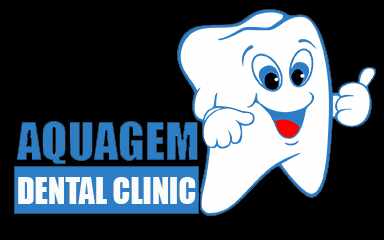A person’s oral health is one of the strongest determinants of their overall health and wellbeing. Compromised oral health can substantially increase the risk of diabetes, cardiovascular diseases, mental issues, complicated pregnancy, and childbirth, to name a few. Moreover, when left unattended, oral infections and cancers can spread to other organs, leading to potentially life-threatening issues.
Fortunately, the USA offers dental coverage to eligible citizens under Medicaid. However, there is a flipside. States offer dental benefits to the eligible children covered by Medicaid and CHIP (Children’s Health Insurance Program), but Federal laws don’t mandate the states to extend the dental benefits for adults too.
Medicaid Dental Benefits for Children
Under EPSDT (Early and Periodic Screening, Diagnostic, and Treatment) benefits, Medicaid covers the expenses of dental treatment for eligible children. The enrolled children are referred to a dentist according to the schedule developed by the state after consulting with the recognized dental facilities.
The dental services covered under Medicaid include the restoration of teeth, infection and pain relief, and oral health maintenance.
As per the EPSDT guidelines, dental services must be offered only if they are medically necessary. The emergency or necessity of the treatment is determined by the states. If a dental problem requiring treatment is diagnosed during the physical screening process, the state is liable to cover the treatment cost of the condition, irrespective of whether these services are covered under their Medicaid program or not.
The states are enjoined to determine the intervals at which dental services need to be extended to the eligible candidate. The intervals are determined as per the medical necessity and reasonable standard of dental practice.
CHIP Dental Benefits For Children
States offering CHIP (Children’s Health Insurance Program) coverage to eligible children via Medicaid expansion programs offer the EPSDT benefits. As per the laws, dental services covered through separate CHIP programs should include coverage of dental treatment that is important to prevent diseases and establish sound oral health, restoration of oral structures to reinforce their proper health and function, and treatment of emergency conditions.
The states that have a separate CHIP program can either have a package of dental coverage meeting CHIP requirements or a standard dental benefits package.
Medicaid Dental Benefits For Adult
As mentioned earlier, the states are allowed to curate their dental benefit coverage plan for the adult citizens enrolling for Medicaid. The majority of states cover emergency dental services, while a handful of states cover comprehensive dental care.
If you are an adult seeking Medicaid coverage, the benefits will be dictated by your state. For instance, if you are in Georgia, you may not get the coverage for non-emergency services. In Delaware, you won’t get any dental coverage. If you are in Missouri, your Medicaid coverage will be limited to the trauma of the mouth, teeth, or jaw due to injuries or medical conditions. In Connecticut, you will get extensive coverage, and if you are in New York, you will get extensive coverage entailing preventive, dentures, oral surgery, and periodontal services. You can further contact the Medicaid offices in NY or the state you live in for more details.
The bottom line
Maintaining proper oral health is key to your overall health. However, the adults don’t get much out of their Medicaid program with respect to dental services. As a result, the majority of them don’t take proper treatment, which further aggravates their oral health problems. Moreover, their procrastination makes their treatment more extensive, invasive, and expensive.
In the absence of dental coverage, adults should try to prevent the pain and urgency of treatment through regular dental care. There are many inexpensive tools available like good toothbrushes, tongue cleaners, dental floss, mouthwash, etc, to gain charge of your oral health and prevent any issues with your teeth or gums. So keep taking care to keep smiling with confidence!

